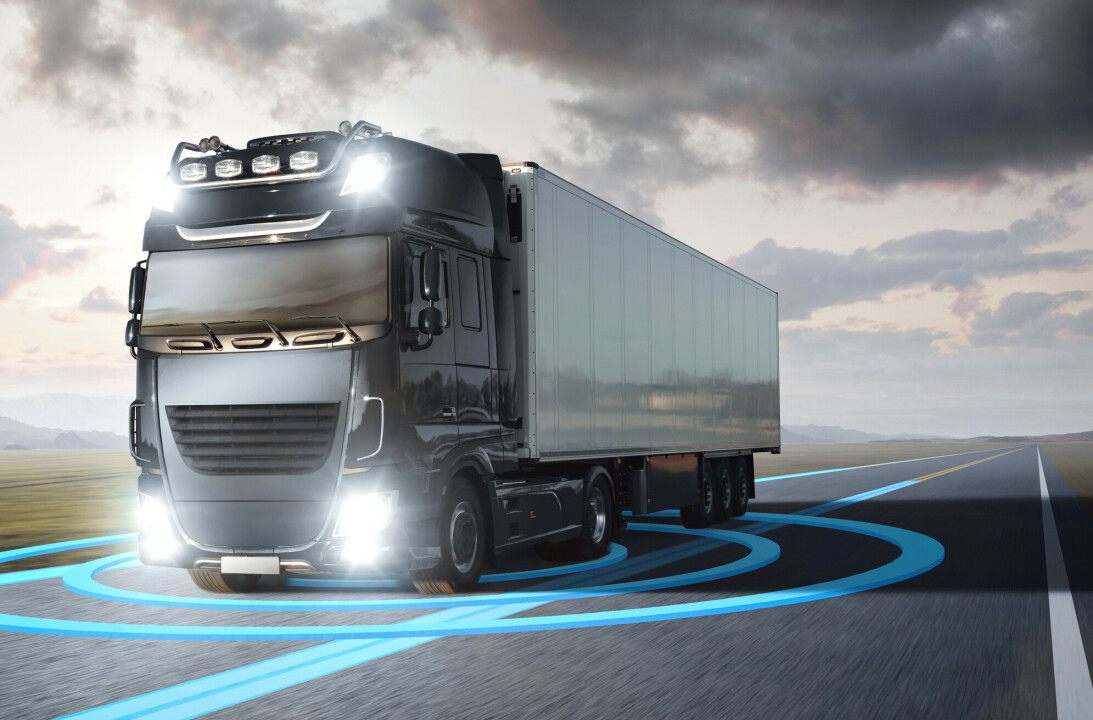With AI and machine learning rapidly developing in recent years, we have seen the first implementations of self-driving cars. Tesla may not be a pioneer in self-driving cars, but they appear to be doing well popularising the idea with the lay public. Apart from self-driving cars we should expect to see some other self-driving vehicles….a major development for the wholesale distribution industry would be self-driving trucks.
While these trucks are not currently commercialised and widespread, in the future, they may become the norm. With that comes all sorts of benefits for the industry. There may be other implications of self-driving trucks that might have a great impact – either for good or bad.
Benefits of self-driving trucks
This first great improvement self-driving trucks bring us is efficiency. Humans may have a feel for a vehicle, but an AI-driven vehicle is the vehicle. Sticking to the optimal speed will allow trucks to be much more fuel-efficient. In a more environmentally-friendly society, expect this to work in self-driving trucks’ favour. Additionally, the ability for multiple trucks to interface with each other will allow them to coordinate more efficiently, share optimal route info and navigate busy traffic in real-time. Prepare for improved delivery times.
Additionally, self-driving trucks will be fully autonomous and be able to work during hours that might not be fully safe for humans to be driving. Furthermore, after the recent pandemic, autonomous deliveries are becoming more and more preferred. self-driving trucks would also be able to predict the best times to drive instead of driving during peak hours. This has implications for safer roadways.
Self-driving cars can have a better time sharing the road with other drivers. While a driverless truck might be scary to see at first, a well designed AI can make quick decisions on a real-time basis without the slow response times and other drawbacks of a biological body.
Negative implications of self-driving trucks
When it comes to AI decision-making, there is an ethical concern of who should take responsibility. What should the AI prioritise? If an AI makes a decision, should it be in the best interests of its owner, or the best interests of society as a whole? Who should take responsibility for this if someone disagrees with the AI’s decision? The first wave of self-driving trucks may necessitate this discussion.
Since self-driving trucks are software-based, there is the chance that it can be hacked. This has scary implications for not only safety personal safety, but also monetary safety. What happens when a hacked truck drives off with all of your products? Of course, precautions should be taken, but it’s an arms race. As soon as the AI companies develop better security, the hackers will develop new ways to exploit that security. And on and on it goes.
Self-driving trucks may be efficient, but they’re also probably going to be much more expensive. At the same time, self-driving trucks eliminate the need for human driver’s outside of maintenance of these trucks. This has huge implications for employment. Businesses that rely on passing road traffic may also see a reduced number of customers.
It remains to be seen once these trucks are implemented what the results are. There are currently self-driving trucks in development. So, we will soon have to face the implications of a wholesale distribution industry with no humans at the wheels.











